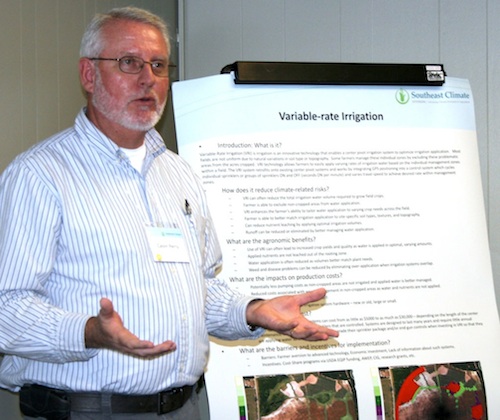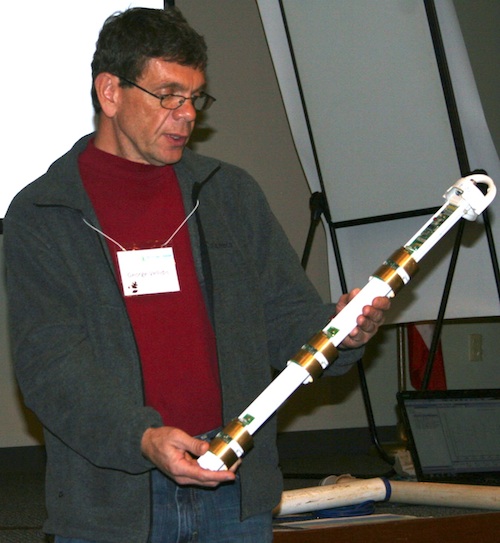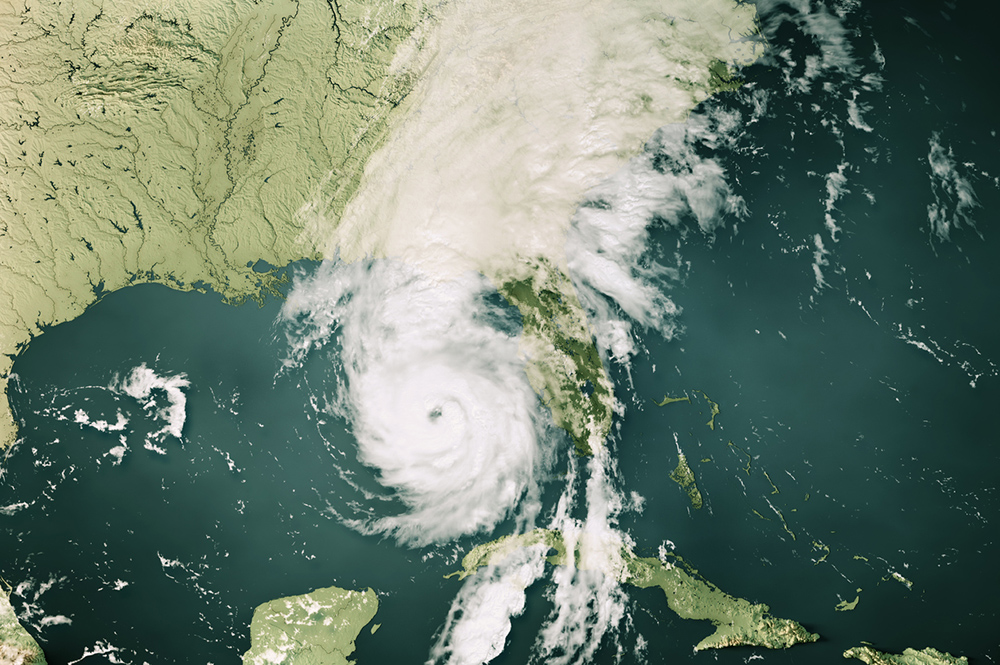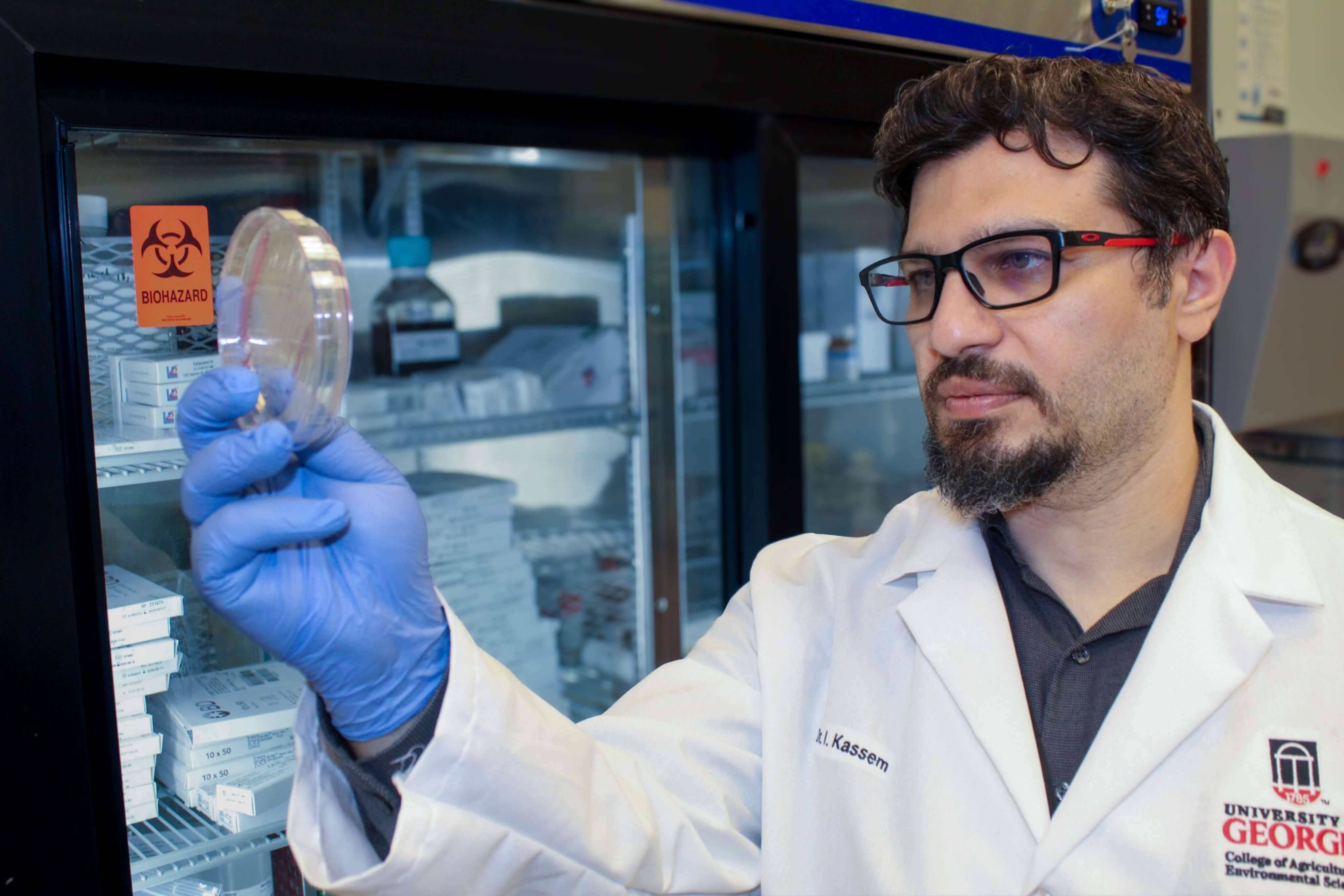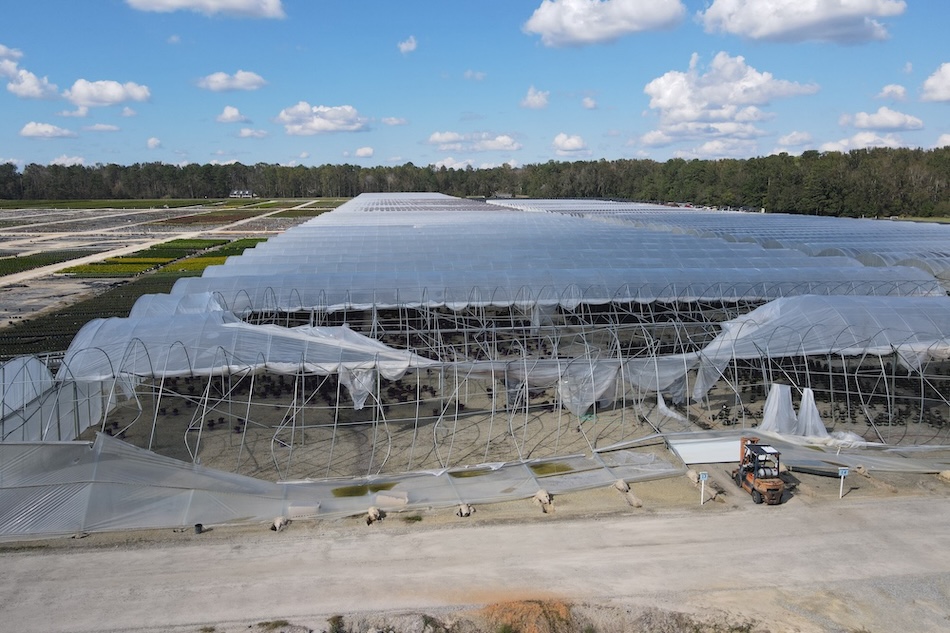Adapting to unpredictable weather is part of Lamar Black’s job as a farmer in Jenkins County, Ga.
Black grows cotton, corn and peanuts on more than 400 acres, so each year he plans for and adjusts to extreme temperatures and rain, or lack thereof.
“We are in a changing climate, for whatever reason,” Black said. “It appears that we’re not getting the rainfall in the winter that we used to get.
“We used to get a lot of rain in the wintertime. The last few years it hasn’t been. The summers seem to be hotter.”
Drought tops the list
The surge in temperatures from June until August is made worse by the drought-like conditions much of the state of Georgia is suffering through.
“The drought has been the biggest concern,” Black said. “Back in ’11 it was extremely dry. Who knows what’s going to happen this year. We’re all hoping for the best.”
Fortunately for Black, technological advances allow farmers to combat that unpredictability. Such advances include sensor-based irrigation management (sensors in the field that help farmers deliver scheduled irrigation optimally), subsurface drip irrigation (a method of watering crops underground that requires less water than other irrigation systems and allows the soil surface to stay dry, reducing weeds) and AgroClimate (a Web-based system that helps producers plan for upcoming seasons using the best available forecasts about what the climate will do in the next few months).
“I think it’s really critical, especially when we’re in periods of drought to be able to look at technologies and implement them so that producers can have the yields that they’re accustomed to,” said George Vellidis, University of Georgia College of Agricultural and Environmental Sciences professor on the Tifton campus.
UGA researchers addressing climate trends
Vellidis was one of the presenters at the Climate Adaptation Exchange event in Tifton on Feb. 8. The event featured management strategies like variable-rate irrigation, primed acclimation, sod-based rotation, conservation tillage and high-residue cover crops and energy efficiency alternatives.
“I think weather is unpredictable,” Vellidis added. “I think we have a better grasp on what long-term climate trends will be. For example, three months ahead or four months ahead, I think we know now, to some level of comfort, we are going to be able to say what’s going to happen. We can say it’s going to be drier than normal, wetter than normal, hotter than normal and so on.
“We can’t predict day to day … but we can understand the trends.”
The trend during the past couple of weeks has been a steady dose of rainfall in parts of the Southeast.
“We’re in a really wet pattern right now,” said Pam Knox, a CAES agricultural climatologist, referencing weather maps at the Climate Adaptation Exchange event. “They still have that area of above-normal rainfall continuing for the next couple of weeks. That’s good if you want the water in the soil but maybe not so good if you’re trying to get out in the fields. Just like everything else, it’s a mixed blessing.” However, farmers’ spirits could soon be dampened by the prospect of drier conditions in the upcoming months.
Agroclimate website is one tool in toolbox
AgroClimate, which features seasonal forecasts, predicts a much-drier pattern across the southern part of the country during the upcoming months, through April.
As the drought lingers for Black and his fellow farmers, there are innovative options for producers to use. Chuck Von Glahn teamed with Vellidis to discuss sensor-based irrigation management. It’s one strategy Von Glahn has worked with while farming in Mitchell County, Ga.
“I would say as a farmer, it is a bit of a challenge with utilizing different resources to try to save here and there,” Von Glahn said. “With irrigation management, the way that we plant, strip-till, that kind of thing, it’s allowed us to venture into different areas to conserve.”
For more information about AgroClimate, view the program’s Website at www.agroclimate.org.

